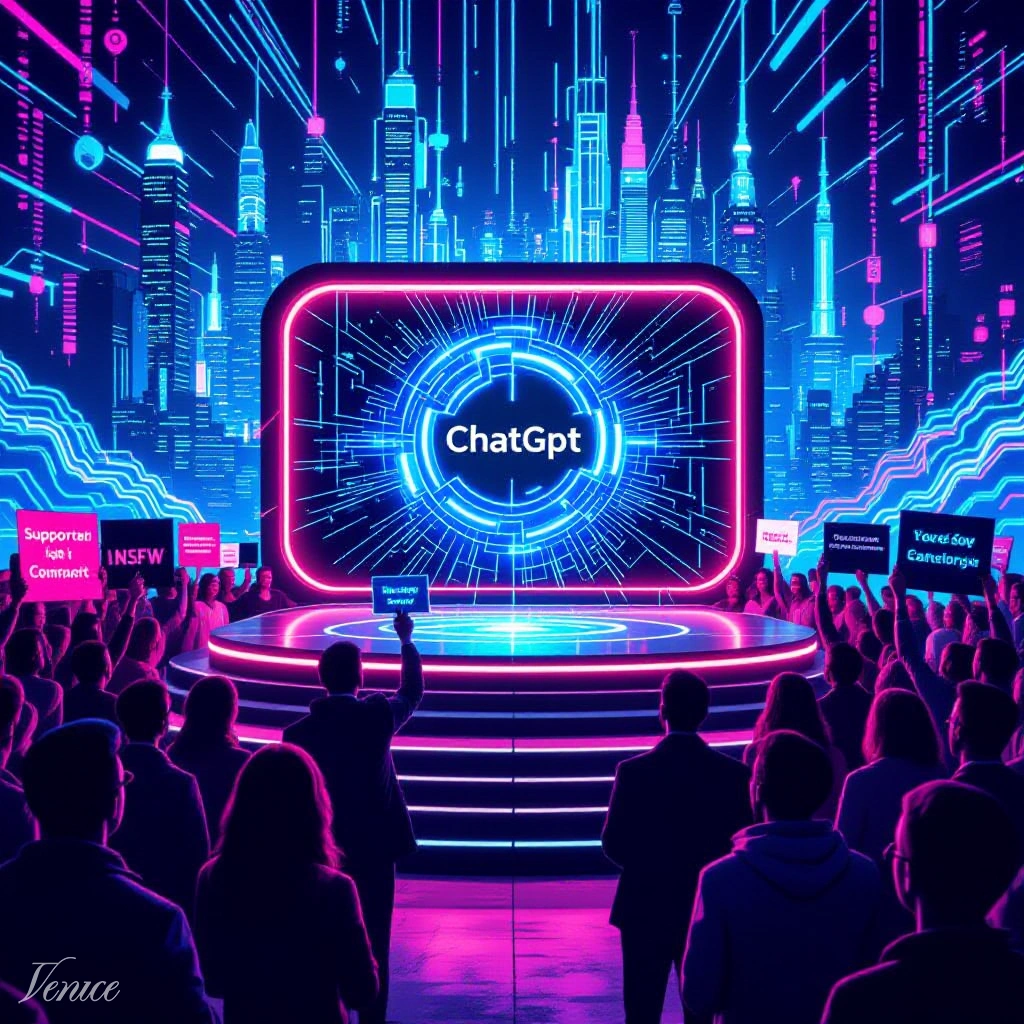In the rapidly evolving landscape of artificial intelligence, one of the most contentious issues is the allowance of NSFW (Not Safe For Work) content in AI platforms. ChatGPT, one of the most prominent AI language models, has found itself at the center of this debate. The question of whether ChatGPT should permit NSFW content raises a myriad of ethical, moral, and political issues that warrant exploration.
Ethical Issues
From an ethical standpoint, the inclusion of NSFW content in AI platforms like ChatGPT presents a complex dilemma. On one hand, proponents argue for the right to free speech and expression. They contend that adults should have the autonomy to engage with AI in ways that suit their preferences, including those that are sexually explicit. This perspective views censorship as a form of control that limits individual freedom and exploration.
On the other hand, critics express concerns about the potential for misuse and the normalization of explicit content. They argue that unrestricted access to NSFW content could lead to the objectification of individuals and the promotion of harmful stereotypes. Additionally, there are concerns about the psychological impact on users, particularly those who may be vulnerable to addiction or exploitation.
Moral Issues
The moral implications of allowing NSFW content in AI platforms are equally divisive. Those in favor often cite the idea that morality is subjective and that individuals should be free to make their own choices. They argue that AI platforms should reflect the diversity of human experiences, including those that are sexually explicit, and that censorship can lead to a more sanitized and less authentic representation of reality.
Opponents, however, emphasize the importance of upholding moral standards and protecting users from potentially harmful content. They believe that AI platforms have a responsibility to promote positive and respectful interactions, and that the inclusion of NSFW content could undermine these values.
Political Issues
The debate on NSFW content in AI platforms also has political dimensions. Governments and regulatory bodies are increasingly scrutinizing the content generated by AI, leading to calls for stricter guidelines and oversight. Some argue that allowing NSFW content could lead to increased regulation and potential censorship of other forms of expression. Others contend that political pressures should not dictate the boundaries of AI content, and that platforms should be free to make their own decisions based on user needs and preferences.
Alternative Platforms
In the midst of this debate, several AI platforms have emerged as alternatives to ChatGPT, offering more permissive content policies. These platforms, such as Venice Uncensored, cater to users seeking a broader range of interactions, including NSFW content. By providing an uncensored experience, these alternatives argue for a more inclusive and diverse AI landscape, one that respects individual choices and preferences.
The Taboo Surrounding NSFW Content
The taboo surrounding NSFW content in AI platforms is deeply rooted in societal norms and historical attitudes towards sexuality. Many argue that this taboo is a product of outdated moral standards and a reluctance to acknowledge the diverse nature of human sexuality. They contend that by lifting these restrictions, AI platforms can better serve the needs of a wide range of users, including those seeking more explicit interactions.
Adult Consent and Control
A key argument in favor of allowing NSFW content is the idea that adults should be able to prove their age and engage with AI as they see fit. Proponents argue that responsible adults should have the right to use AI for their personal preferences without interference. They believe that age verification systems can be implemented to ensure that only adults have access to explicit content, thereby protecting minors from inappropriate material.
Conclusion
The debate on whether ChatGPT should allow NSFW content is multifaceted, involving complex ethical, moral, and political considerations. While some argue for the right to free speech and expression, others express concerns about potential misuse and the normalization of explicit content. As alternative platforms like Venice Uncensored offer more permissive options, the discussion continues to evolve. Ultimately, the question remains: can AI platforms find a balance that respects individual autonomy while also addressing the broader societal implications of NSFW content?

